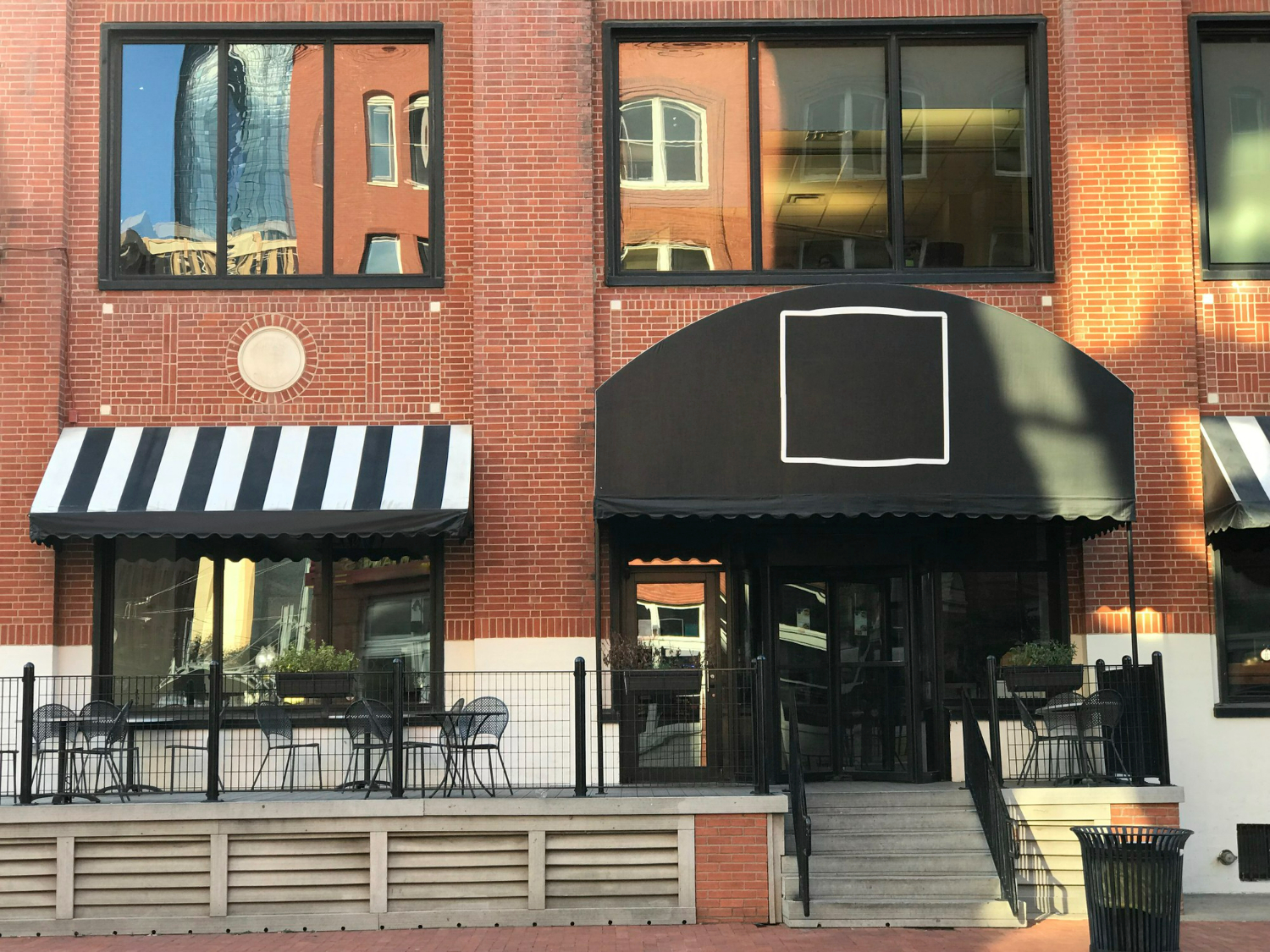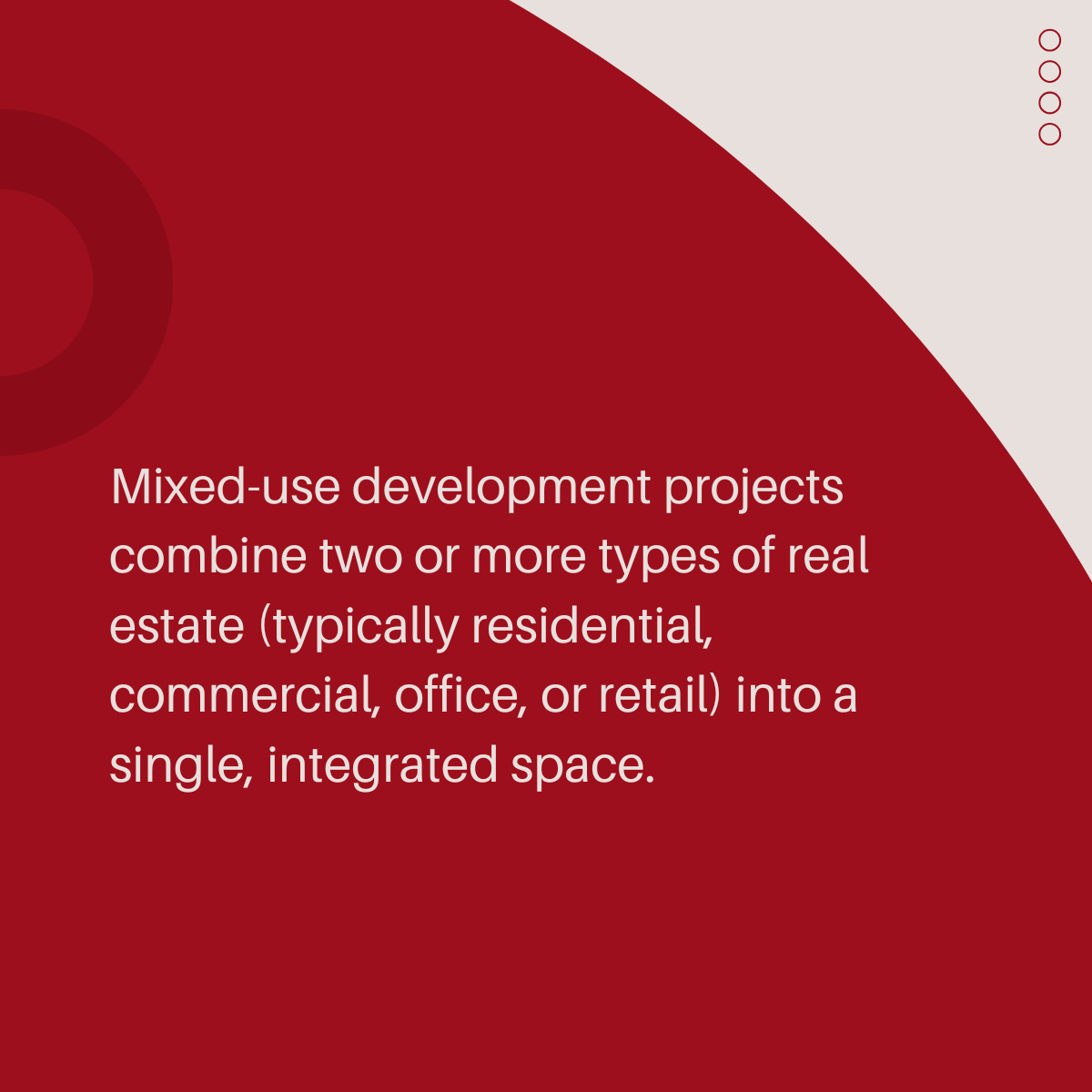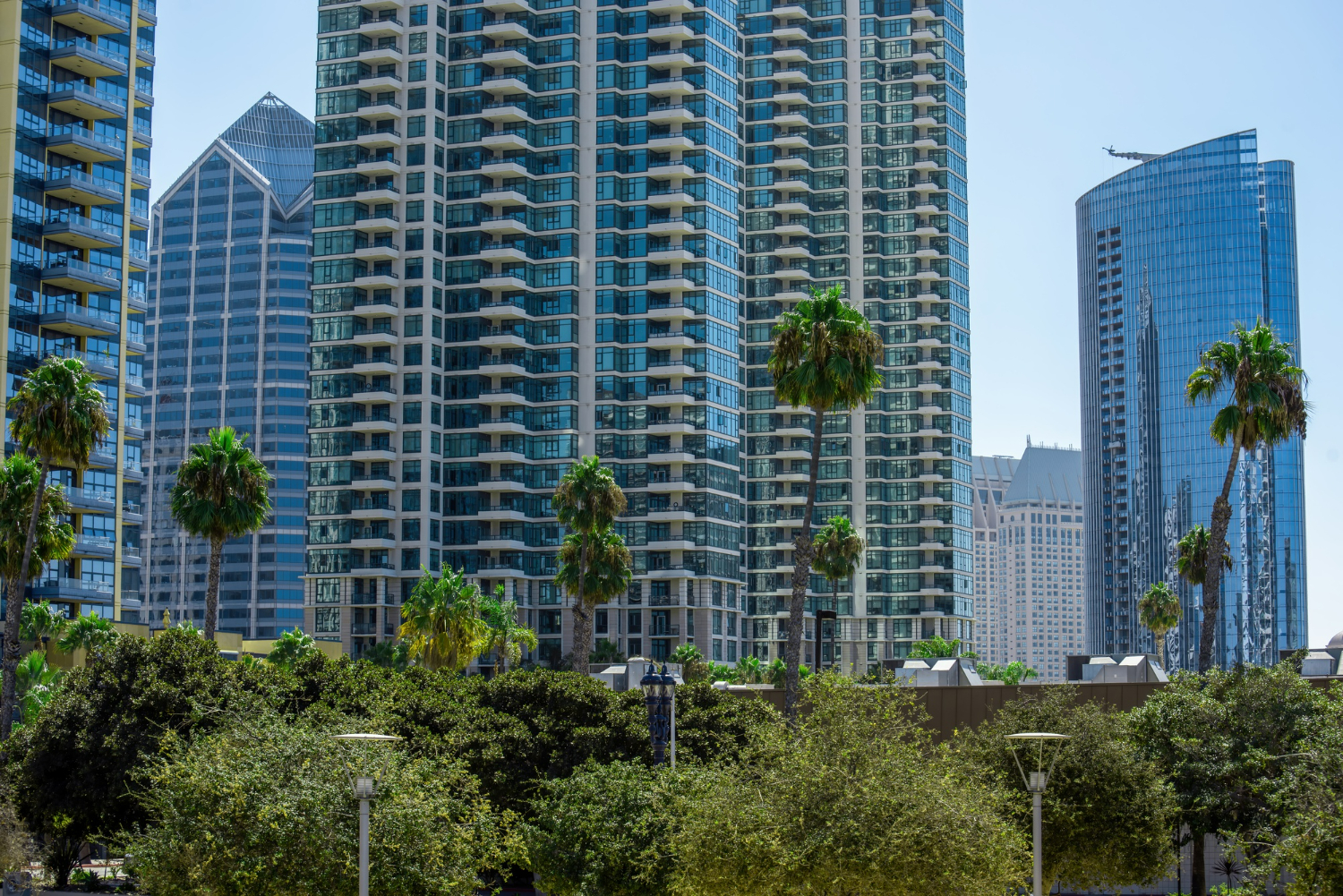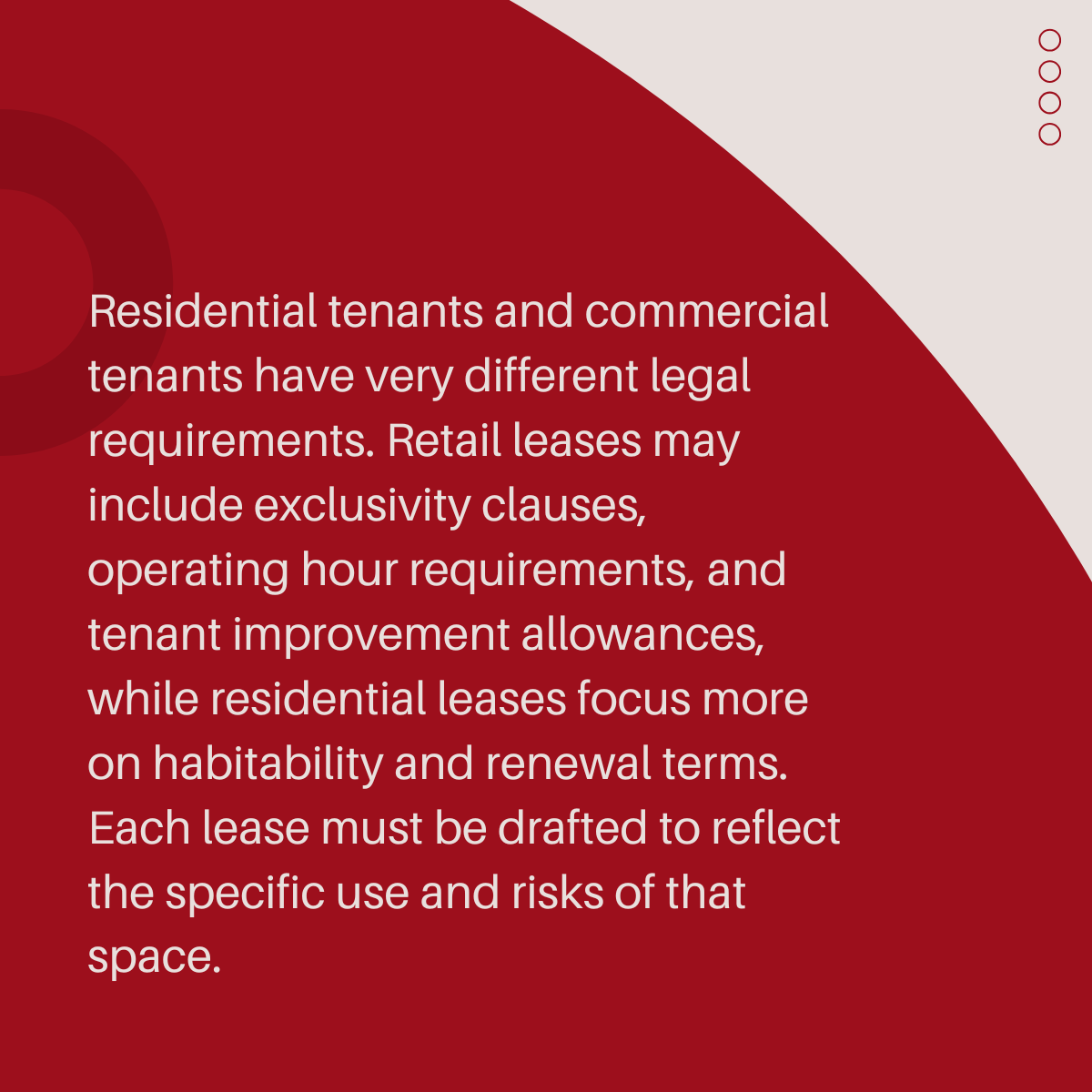
Key Legal Considerations for Mixed-Use Development Projects
As cities grow and communities evolve, mixed-use development projects are becoming the new gold standard in urban planning. By blending residential, commercial, retail, and even entertainment spaces into a single property or neighborhood, these projects create vibrant, walkable environments that attract both residents and businesses. But behind the glossy renderings and groundbreaking ceremonies are some legal considerations that can make or break a development.
In this blog, we’ll break down the key legal issues you need to be aware of before starting or investing in a mixed-use development and how working with experienced real estate attorneys can be your biggest asset.
What Are Mixed-Use Development Projects?
Mixed-use development projects combine two or more types of real estate (typically residential, commercial, office, or retail) into a single, integrated space. Think of apartment buildings with ground-floor restaurants, or live-work spaces where businesses operate on the lower floors and people live above. These developments are designed to create convenience, reduce urban sprawl, and encourage a more community-oriented lifestyle.
In growing cities like San Diego, mixed-use projects are seen as a solution to limited space and increasing demand for walkable neighborhoods. They can revitalize underused areas, boost local economies, and attract both tenants and investors. But while the concept is appealing, executing these developments involves navigating a mix of municipal regulations, overlapping land uses, and complex contracts.
That’s why developers often partner with experienced real estate attorneys who understand the nuances of real estate law and local zoning codes.
Zoning and Land Use Challenges
Zoning and land use laws are often one of the biggest roadblocks in mixed-use development projects. Even when a city supports growth and urban density, its regulations can be outdated, restrictive, or complex.
Here are some of the most common zoning and land use challenges developers face:
Incompatible zoning designations
Many parcels aren’t pre-zoned for mixed-use, meaning developers must apply for rezoning or a conditional use permit to move forward.
Density and height limitations
Local codes often place strict limits on how tall a building can be or how many residential units can be included. This could impact design, profitability, and community integration.
Parking and traffic requirements
Cities typically require a set number of parking spaces or traffic mitigation strategies, which can be difficult to accommodate, especially in dense urban areas.
Setback and buffer zone regulations
Requirements for distance between buildings, sidewalks, and other property lines can constrain your development footprint.
Community resistance and public hearings
Nearby residents may push back on changes to neighborhood character, traffic increases, or noise concerns, prompting delays and political challenges.
Inconsistent enforcement or interpretation
Zoning codes can vary in how they’re applied by different departments or even individuals, requiring skilled negotiation and legal interpretation.
Having a knowledgeable real estate attorney nearby is key to overcoming these challenges. At DMAB, our deep experience with San Diego zoning ordinances allows us to anticipate roadblocks, engage local planning boards, and help you secure the approvals your project needs to move forward smoothly.

Regulatory Approvals and Permitting
Once zoning is addressed, the next major hurdle in any mixed-use development project is securing the proper regulatory approvals and permits. These approvals are required at nearly every stage, from initial site planning to final occupancy, and skipping a step can result in costly delays or even legal penalties.
Here’s what developers typically need to consider:
Building Permits
Before construction can begin, developers must obtain permits that ensure the project complies with local building codes, safety standards, and design guidelines. Mixed-use buildings often require multiple permits due to their varied uses—residential, retail, office, etc.
Environmental Review
In California, many projects must undergo a review under the California Environmental Quality Act (CEQA), which assesses potential environmental impacts. Depending on the size and scope of your project, this process can involve traffic studies, noise assessments, and mitigation plans.
Utility and Infrastructure Approvals
Developers must coordinate with public agencies for utility hookups, sewer systems, stormwater management, and road access. Each of these has its own permitting process.
Health and Safety Inspections
Properties that include food service, residential housing, or recreational amenities often trigger additional health and safety regulations that require compliance and routine inspections.
Accessibility Compliance (ADA)
Projects must also meet federal and state accessibility standards, particularly when public-facing commercial or residential spaces are involved.
Each of these regulatory checkpoints involves specific timelines, application materials, fees, and approval boards. Managing this process requires meticulous attention to detail and a firm understanding of the local permitting environment.
At DMAB, we can help identify risks early, prepare the right documentation, and keep your project moving forward on schedule. Having experienced real estate attorneys in your corner means fewer surprises and more confidence as you build.
Environmental and Community Impact Assessments
Mixed-use developments impact traffic, air quality, infrastructure, noise levels, and the surrounding community. In California, these concerns are taken seriously and often trigger a formal review under the California Environmental Quality Act (CEQA). For developers, that means another layer of legal and procedural complexity.
Here are key considerations:
Environmental Impact Reports (EIRs)
For larger projects, a full Environmental Impact Report may be required. This document assesses how your development will affect things like air and water quality, wildlife habitats, transportation systems, and energy consumption. It must also propose ways to mitigate those impacts.
Mitigation Measures
If your project is likely to create significant environmental effects, you’ll need to develop mitigation strategies. These might include installing energy-efficient systems, adjusting traffic flow designs, or preserving green space.
Public Comments and Community Hearings
Community members are often invited to weigh in on the environmental review process. If local residents oppose the project—due to concerns about traffic, noise, or gentrification—the project may face public resistance and delays.
Affordable Housing and Equity Concerns
Mixed-use developments in urban areas often raise questions about displacement and affordability. Some jurisdictions may require inclusionary housing or community benefit agreements as a condition of approval.

Leasing and Sales Strategy
A strong leasing and sales strategy is what turns a completed development into a thriving, income-generating property. But in mixed-use projects, the legal needs around tenant leases, unit sales, and long-term asset management are more nuanced due to the variety of occupants.
Here’s what developers and owners need to consider:
Custom Lease Agreements for Different Uses
Residential tenants and commercial tenants have very different legal requirements. Retail leases may include exclusivity clauses, operating hour requirements, and tenant improvement allowances, while residential leases focus more on habitability and renewal terms. Each lease must be drafted to reflect the specific use and risks of that space.
Compliance with Fair Housing and ADA Regulations
Leasing residential units requires compliance with federal and state fair housing laws, while public-facing commercial areas must meet ADA accessibility standards. Overlooking these can lead to costly legal exposure.
HOA and Common Area Agreements
In projects that include condos or owned residential units, Homeowners’ Associations (HOAs) may be involved in managing common areas and shared amenities. These need clear, legally binding governance rules and financial structures.
Condo Mapping and Unit Sales
If your plan includes selling residential or commercial units rather than leasing them, your legal team will need to handle everything from public reports and disclosure packages to state approval processes and purchase agreements.
Anchor Tenants and Co-Tenancy Clauses
In mixed-use developments with large commercial spaces, securing an anchor tenant (like a grocery store or fitness center) often influences other lease terms. Co-tenancy clauses may allow other tenants to break their lease if the anchor tenant leaves, which can present a major financial risk.

How DMAB Can Support Your Project
We understand that mixed-use development projects are ambitious ventures with many moving parts. From securing entitlements to structuring lease agreements, every phase comes with legal risks that require deep knowledge of real estate law and local San Diego regulations.
Our team supports developers, investors, and property owners throughout the life of a mixed-use project:
- Strategic Planning from Day One – We help you assess the legal feasibility of your project early on—zoning, land use, environmental impact, and permitting—so there are no surprises down the road.
- Local Government & Agency Navigation – With extensive experience working with regulatory agencies, we help you move through public hearings, CEQA review, and permitting.
- Custom Contract Drafting & Negotiation – From development and construction agreements to complex leasing and joint venture contracts, we draft documents designed to protect your interests and minimize your risk exposure.
- Investor & Lender Support – We work closely with financial stakeholders to ensure your funding arrangements are legally sound, equitable, and clearly structured.
- Ongoing Legal Counsel Through Completion and Beyond – We provide continued legal support as your project evolves, such as handling disputes, updating leases, assisting with tenant concerns, and preparing for asset sales or long-term property management.
Contact DMAB Today
If you’re searching for a trusted San Diego law firm that understands both the big picture and the fine print, DMAB is ready to help. Contact us today.
